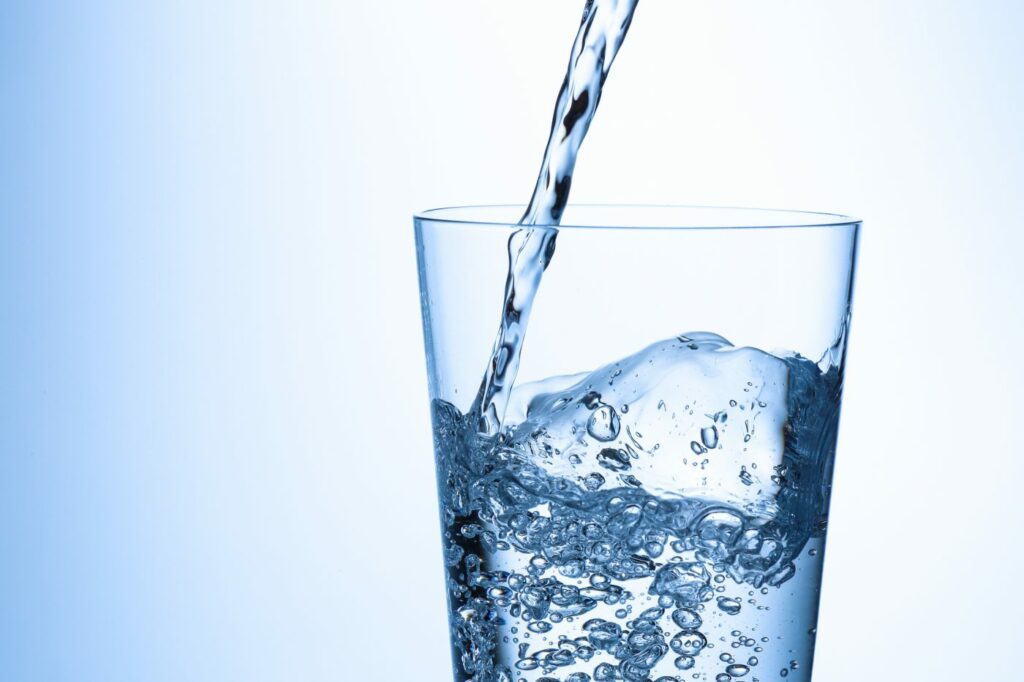Belgium is in the grip of a drought, but industrial consumers are doing little to curb their consumption of drinking water, according to a survey by Het Nieuwsblad.
One example is Tiense Suikerraffinaderij, the country’s largest sugar refinery, based in Flemish Brabant. In normal times, the factory produces around one billion litres of waste water a year, largely as a result of the raw material – sugar beets – which contain about 75% water.
Given the persistent drought, the refinery has decided to use its waste water to supply farmers and other green businesses.
An opposite problem faces Total Energies in the port of Antwerp. Their annual consumption of water was, prior to 2025, a much as nine billion litres of drink-quality water. In 2025 they switched to another system, using purified waste-water provided by Water-Link, also in Antwerp.
Purely on the basis of numbers, households consume more water than businesses – around 60% of the total. However one large business consumer that takes measures to conserve water has a much greater effect that a household that does the same.
“There are still major steps to be taken by companies, and the switch is easier because the quantities are much larger,” water expert Jan Diels from KU Leuven told the paper.
“But as long as it is cheaper to discharge water and buy new water, there is a problem. In industry, costs and benefits are often the main incentive, whereas a family thinks otherwise. And therein lies the problem: drinking water is not that expensive. Although there are now more and more companies that realise that such investments are good for their sustainable image.”
Aquafin, based in Aartselaar, also in Antwerp province, provides cleaned-up waste water to customers at preferential rates, and in some cases free. But actual sewer water only accounts for one-third of the product, the remainder being accounted for by groundwater and rainwater.
Local companies can receive the cleaned-up water free, as long as they pay for the installation of pipes. Sadly, few take up the offer.
According to member of the Flemish Parliament Mieke Schauvliege (Groen), the government needs to do more.
“More than a quarter of our potable water is used by industry in their production processes, although they often do not require drinking water quality,” she said. “Binding legislation is necessary for an effective water policy, especially now that drinking water is becoming more and more expensive and threatens to become more expensive still.”

